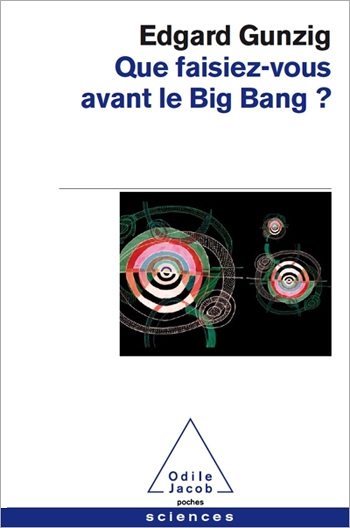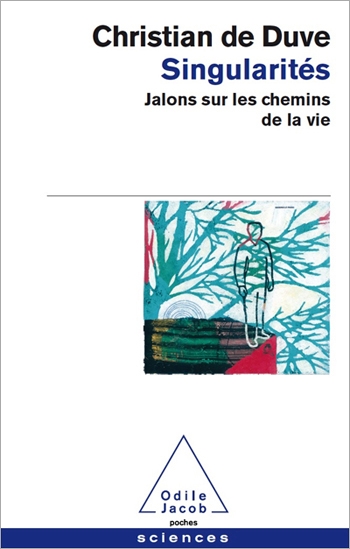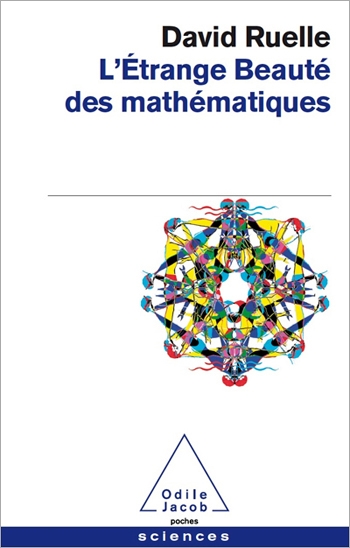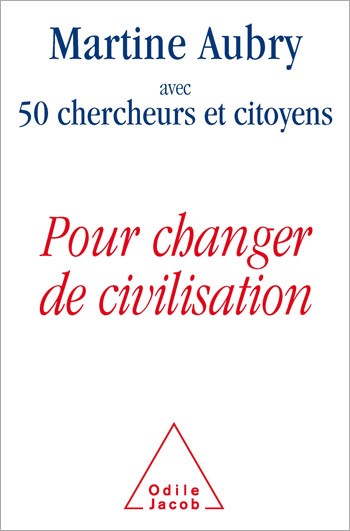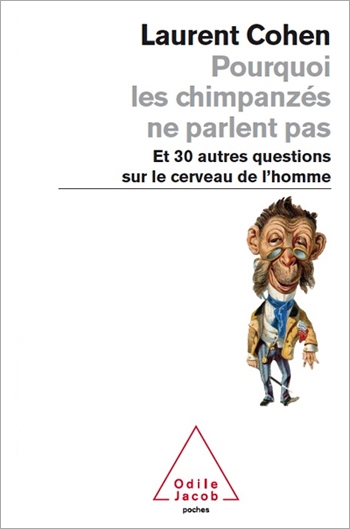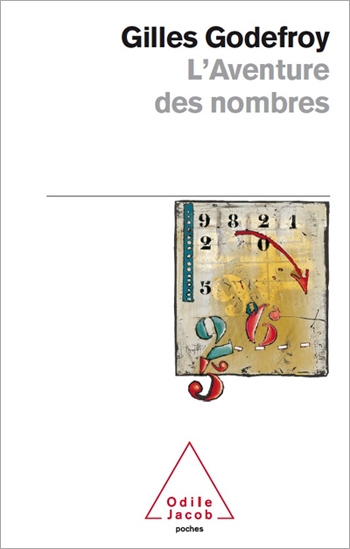Catalog All books
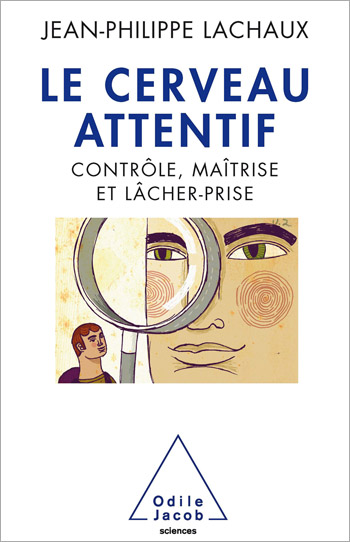
Jean-Philippe Lachaux
The Attentive Brain Improving Concentration With the Neurosciences
Why study attention? Focused attention is rare and precious...
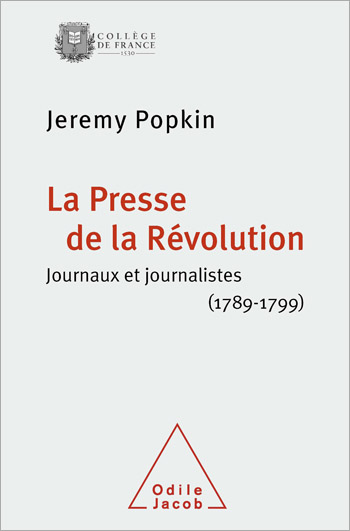
Jeremy Popkin
Revolutionary News The Press In France, 1789-1799
The French Revolution invented a written press of a radically new type, one that was able to transmit to the French...
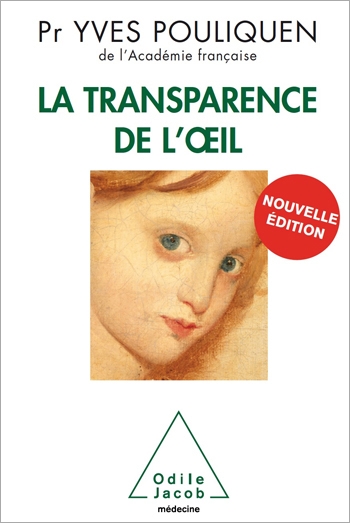
Yves Pouliquen
The Transparent Eye New Edition
A triumphant story of ophtalmology and its modern works of magic.
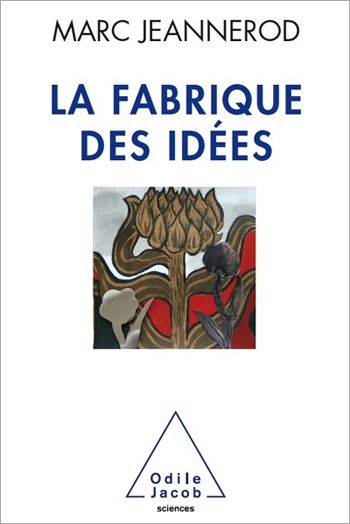
Marc Jeannerod
The Ideas Factory
A backward look over some fifty years offers sufficient distance to evaluate the coherence of a scientific process...
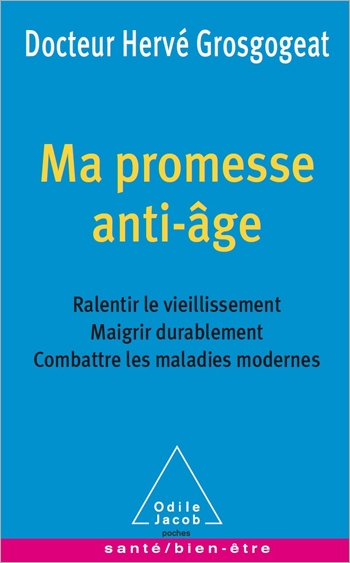
Hervé Grosgogeat
My Anti-Ageing Promise
The food we eat, the air we breathe, our emotional states, stress — all these factors have an impact on our bodies, including the skin...
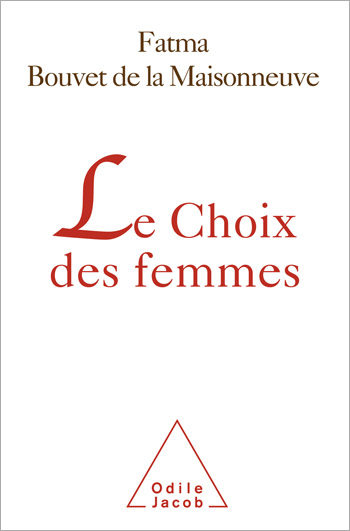
Fatma Bouvet de la Maisonneuve
Women's choice
woman physician-psychiatrist appraises the condition of women in today’s society.
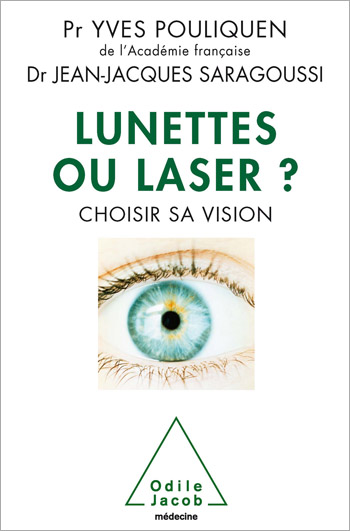
Yves Pouliquen, Jean-Jacques Saragoussi
Glasses or Laser?
New ways of correcting failing eyesight have been developed as a consequence of our increased lifespan...
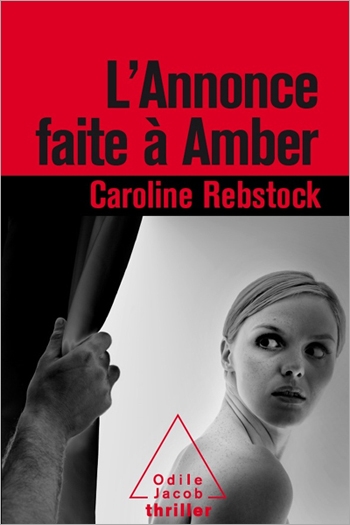
Caroline Rebstock
Amber Is Informed
Amber Materson, a young woman in her thirties, learns from a journalist that she is endowed with unique scientific properties: her blood contains stem cells still at the embryonic stage...
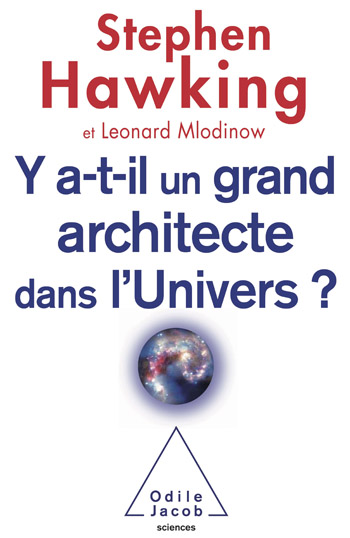
Stephen Hawking, Leonard Mlodinow
The Grand Design
When and how did the universe begin? Why are we here? What is the nature of reality?
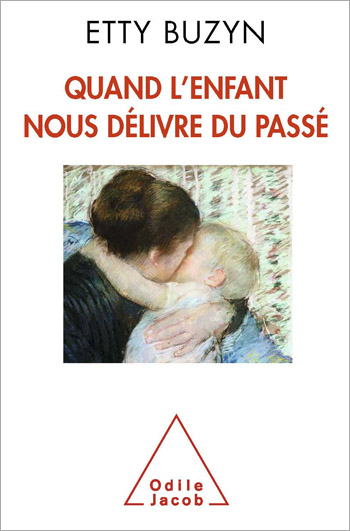
Etty Buzyn
When the Child Frees Up of Our Past
All families unconsciously transmit their history. A new baby is both the bearer and divulger of that history...
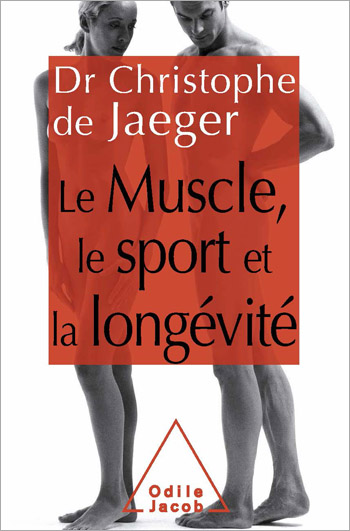
Christophe De Jaeger
The Muscle, Sport and Longevity
Christophe De Jaeger is a geriatrician and gerontologist...

Israel Rosenfield, Edward Ziff, Borin Van Loon
DNA for Beginners
The amazing story of DNA is recounted here in an entertaining comic-book form...
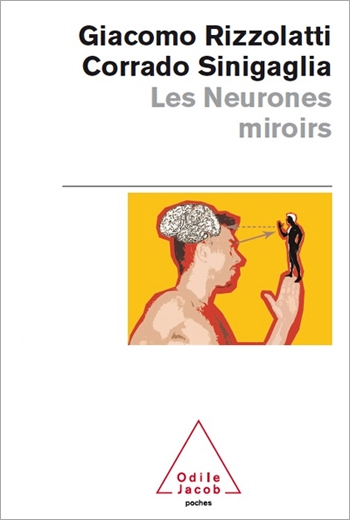
Giacomo Rizzolatti, Corrado Sinigaglia
Mirror Neurons
The discovery of mirror neurons is the most spectacular finding of recent years in the cognitive sciences
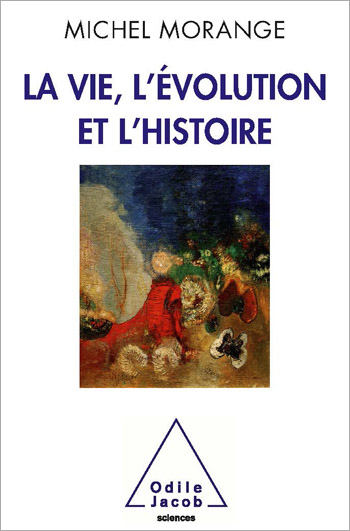
Michel Morange
Life, Evolution and History
In this unique general survey of contemporary research, Michel Morange reveals the recent convergence that is developing between two great segments of biology
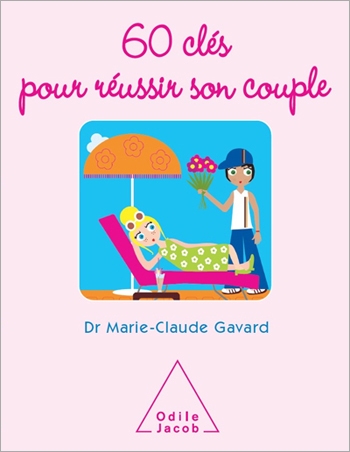
Marie-Claude Gavard
Sixty Ways to Make Your Relationship a Success
In 60 points, the author explains how to rebuild a solid relationship.
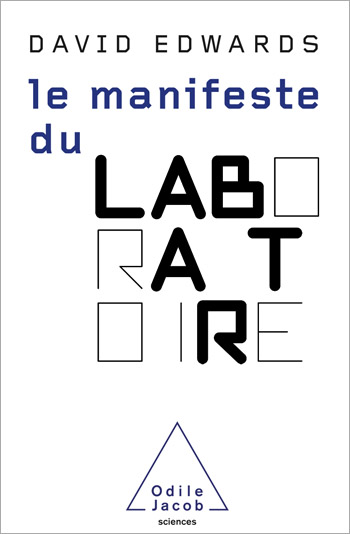
David Edwards
The Laboratoire’s Manifesto
The present work is about a very special kind of laboratory, which he founded and where creators and society can use the language of culture to communicate and to discover a new springboard for innovation.

Julien Damon
Cities to Live In
Complementing and mirroring the views of these urban residents are a series of studies by experts...
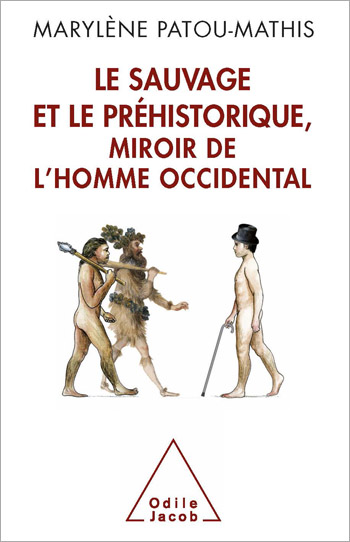
Marylène Patou-Mathis
The Savage and Prehistory, the White Man’s Mirror
Throughout history how has Western man regarded human beings that differ from him?
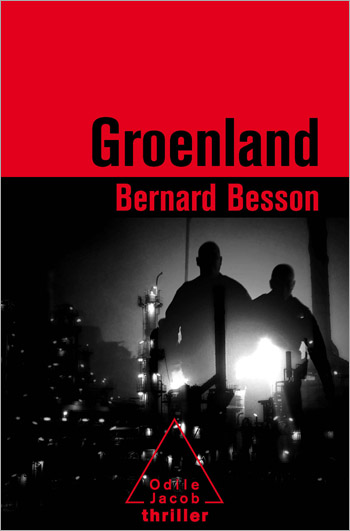
Bernard Besson
Greenland
“With an apocalyptic roar, Greenland’s Lauge Koch Kyst region had broken off from the mainland...
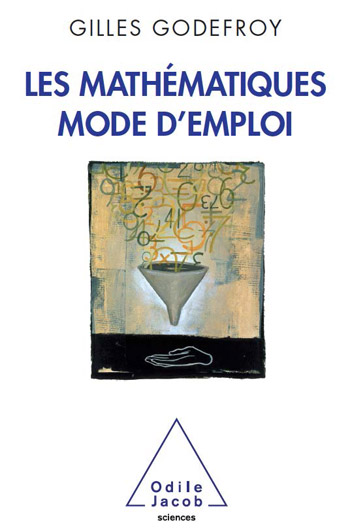
Gilles Godefroy
Mathematics: A How-to Guide
“Most of us first discovered mathematics at primary school. But instead of those intimidating syllables...
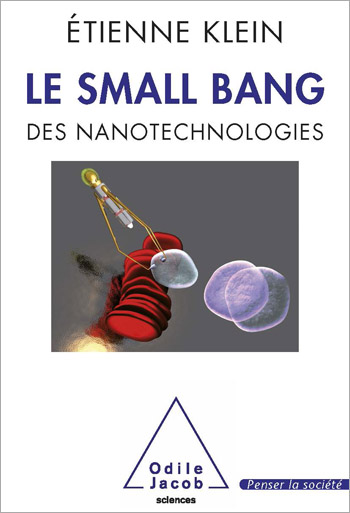
Étienne Klein
The Small Bang of Nanotechnologies
Nanotechnologies no longer concern just the manipulation of matter, one atom at a time: they now incorporate all the techniques that allow the manufacture of tiny objects with a precision equal to one billionth of a metre...
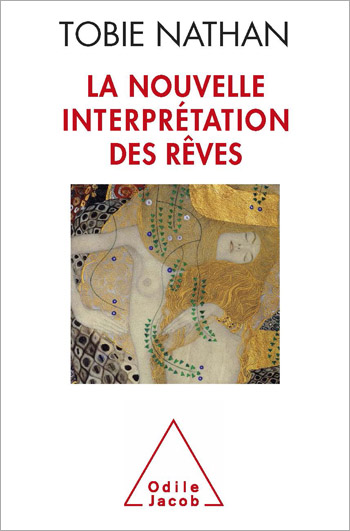
Tobie Nathan
The New Interpretation of Dreams
“A dream that has not been interpreted is like an unread letter,” according to one of the treatises of the Talmud. For a long time, it was thought that psychoanalysts were dream specialists, and Freud himself regarded The Interpretation of Dreams as his seminal work. But Freud never revised the general principles that he defined in 1899, and no psychoanalyst since then has made new propositions to the Freudian postulates concerning methods of dream interpretation. Today, the majority of researchers working on dreams are neurophysiologists, who completely exclude any notion of interpretation. So the issue remains intact and is far from being resolved. While conceding that dreams constitute a physiological reality, Tobie Nathan argues that they cannot be regarded as the hallucinatory fulfilment of the dreamer's repressed wishes, as is generally claimed. So do dreams serve any purpose? Do dreams have any meaning? Nathan returns to these age-old questions and examines them with the audacity and originality that he is known for. In the process, he draws on recent findings in the neurosciences, on the teachings of psychoanalysis — as well as on the lessons of the Talmud.
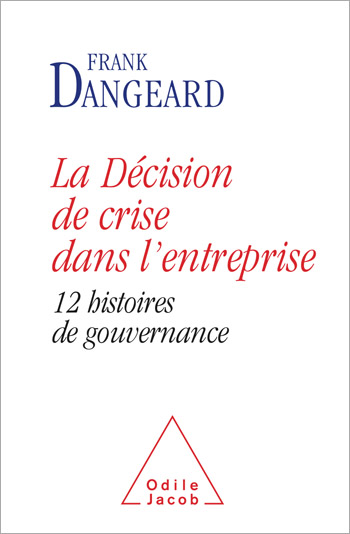
Frank Dangeard
Crisis Decision-Making in Businesses 12 Tales of Governance
Based on his extensive experience as a manager and administrator, and illustrated with numerous examples from recent business history...
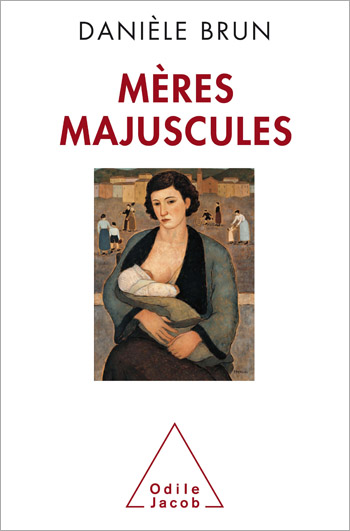
Danièle Brun
Mothers in Capital Letters
The image in question is not so much a representation of the Mother in Majesty with her child...
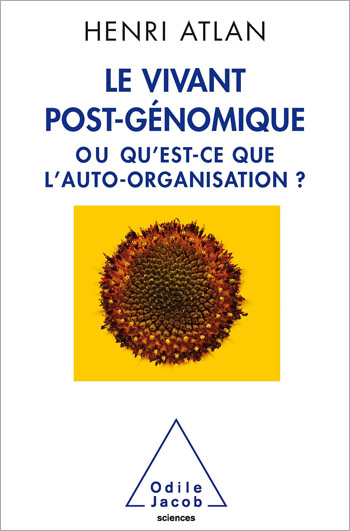
Henri Atlan
Postgenomic Life, or What is Self-organisation?)
We spontaneously associate the idea of organisation with that of human production: the fruit of artistic endeavour or rational planning...
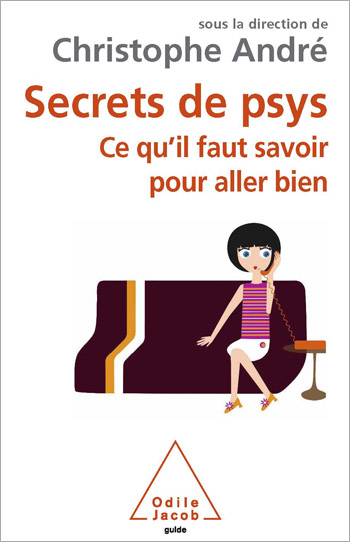
Christophe André
Therapists Secrets: What You Must Know to Feel Fine
In this book, a number of renowned psychotherapists, psychiatrists and psychologists draw on their vast experience to share with the reader the numerous methods they apply to themselves, in order to feel better.

